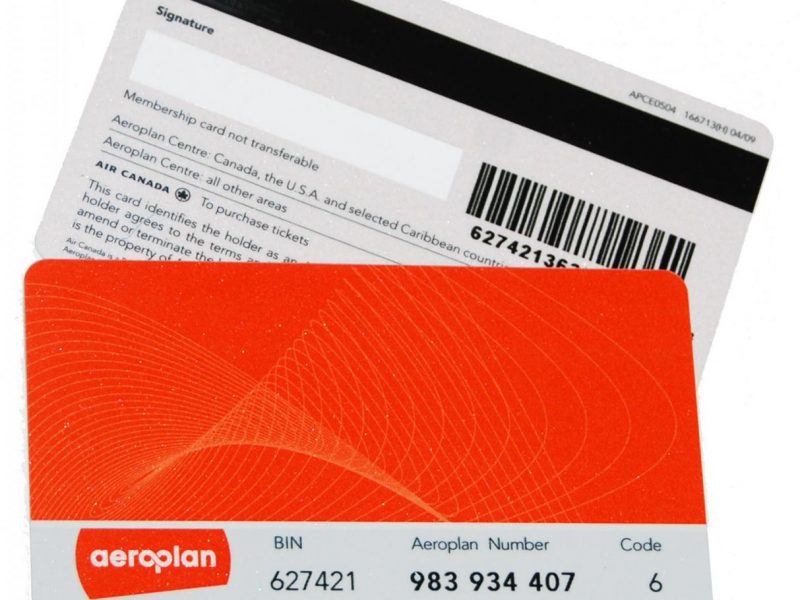The Canada Border Services Agency (CBSA) is warning the public about ongoing email, web, text messages and telephone scams in which people posing as officials from the CBSA are asking for payment or personal information, including their Social Insurance Number (SIN).
In a press release ,the CBSA notes that the methods and messages used by the scammers are varied and ever-changing, but always designed to demand money and lure the public into providing personal information.
The CBC reported Tuesday that Google agreed to a request from the Canadian government to change search results for people looking for information about the ArriveCan app in an effort to protect travellers from paying unnecessary fees to fake websites.
ArriveCan is the app the Canadian government uses to record international visits for the purposes of tracking COVID-19. Both Canadian residents and foreign visitors are required to have it. It is a free app and can be downloaded for no charge from the Apple Store or Google Play Store.
The CBC report said that scammers have taken advantage of that requirement by seeking to divert travellers onto fake ArriveCan websites and charging them for the service.
Visa-exempt foreign nationals travelling to Canada by air do need to purchase an Electronic Travel Authorization (eTA) before arrival. An eTA is electronically linked to a traveller’s passport. It is valid for up to five years or until the passport expires, whichever comes first and can be used for unlimited visits of no longer than six months.
The CBSA warns the public that it should also look out for fraudulent webpages and mobile applications posing as the eTA app and asking for money.
The only place to apply for an eTA is through the official Government of Canada website and it costs $7 CAD.
The CBSA says that it never initiates requests for social insurance number and credit card number by telephone or email. If an individual receives a telephone call or an email asking for this information, or requesting payments from the CBSA, it is a scam. If this happens, the CBSA recommends that you ignore it, hang up, don’t answer the text or email and report the incident to the Canadian Anti-Fraud Centre.

